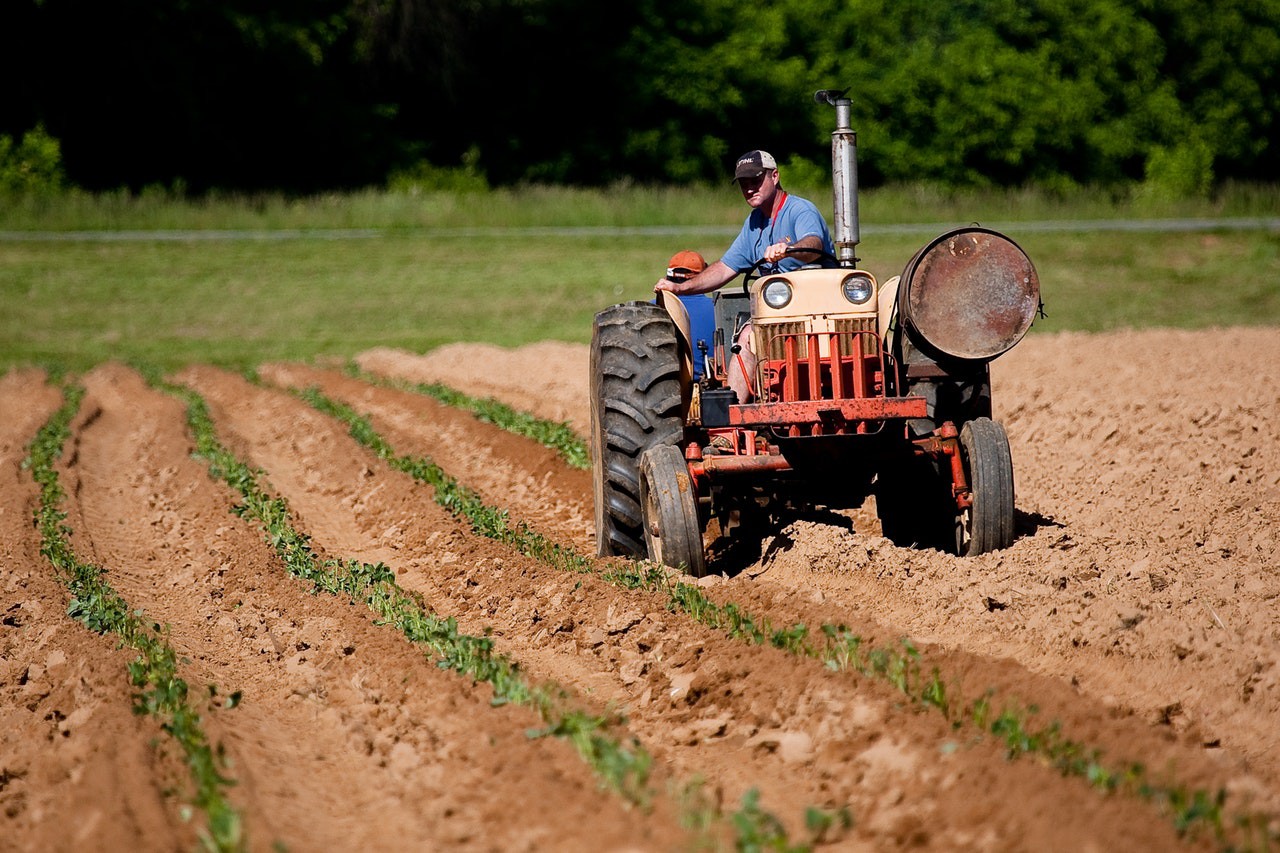Organic Farming – What is it?
Organic farming involves the utilization of agricultural systems of production which are reliant on crop rotation practices, biological pest control, and “green” composting and manure as a way of rearing livestock and poultry and producing crops.
It’s a system that promotes ecological balance and conserves biodiversity.
There are no synthetic pesticides, herbicides, antibiotics or fertilizers used.
The ecological balance is better preserved through organic farming methods, and renewable resources are depended upon.
So, how about the pros of the principles of organic farming? And what about the organic farming disadvantages in comparison to non-organic farming?
Let’s examine those now.
Advantages of Organic Farming
1 Human health is improved
Through organic farming we get products that are safe in terms of human consumption.
The produce is high in nutritional value with little to no harmful synthetic chemical content.
None of the ingredients are modified in any way.
2 Sustainable environmental practices
Organic farming encourages ecological biodiversity and relies upon biological cycles that are sustaining to the natural environment.
Methods used in organic farming are energy efficient. In this way, energy is saved.
And because synthetic chemicals are not used, the land and water sources are not tarnished through pollution.
3 Better quality nutrition
There are zero modified ingredients in organic farming production systems.
Nutritional content is high because optimum conditions for growth are provided.
People and animals benefit from better quality foods.
4 Improved taste
Crops have additional time in which to mature in comparison to non-organic farming.
Principles used in non-organic farming are about getting the crop from point A to point B as quickly as possible so that the produce looks as good as possible and with little regard to the environment.
Organic farming principles are quite the opposite. In organic farming, it’s all about flavor and health, while caring for the environment.
5 Soil management is better
Soils are better quality when organic farming is used.
Only “green” manures and composts are used. Intercropping, crop rotation, and minimal tillage are relied upon.
As such, soil degradation is zero and crop health is optimal.
Disadvantages of Organic Farming
1 Productivity is diminished
Non-organic farming relies on larger amounts of produce over a shorter time span.
Organic farming cannot compete with this. Hence, productivity is diminished in comparison.
2 Costly produce
The cost of organic farm produce can vary from between 20 percent and 50 percent more than non-organic produce.
Many consumer refuse to pay the far higher price for what they, the consumer, would argue to be offering little added benefit.
